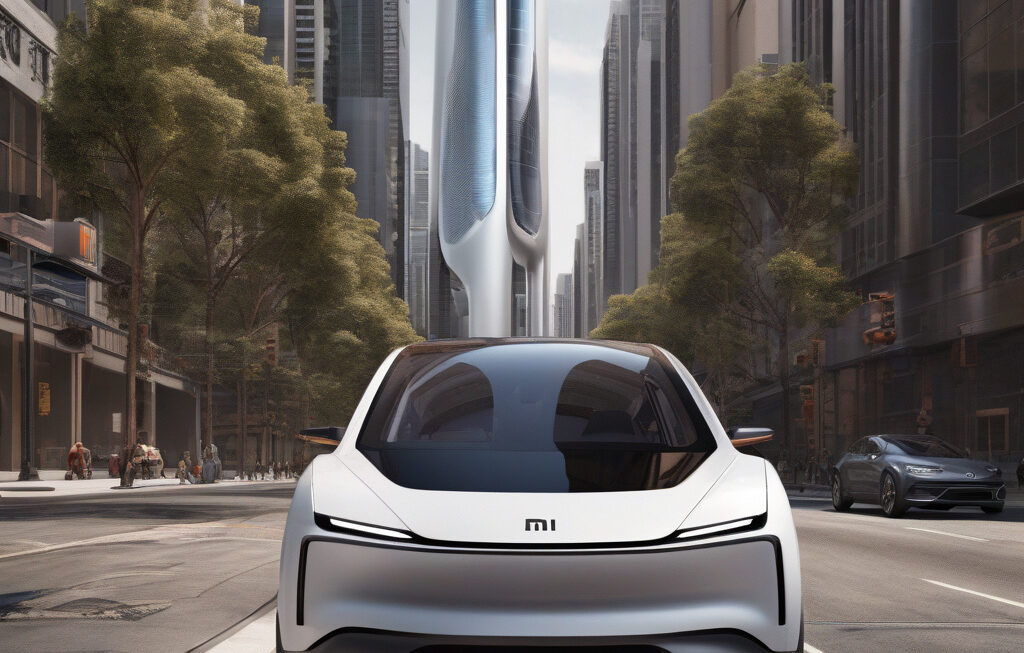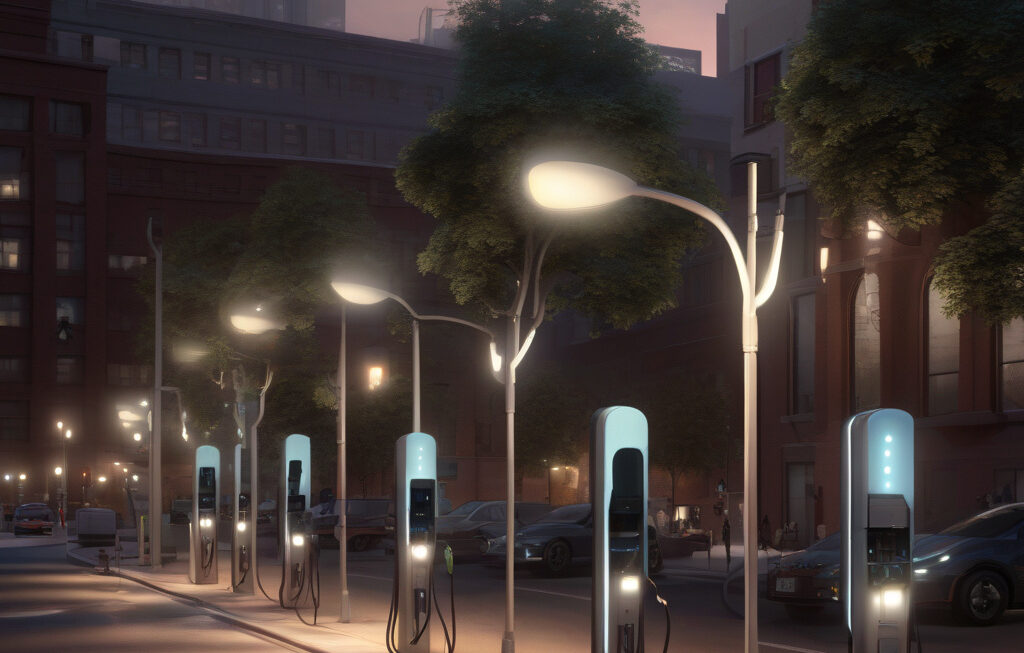China’s 540 Million-Ton Lithium Discovery: A Game-Changer for Global EV Battery Supply
China has announced the discovery of a vast hard-rock lithium deposit in central Hunan Province, potentially containing a staggering 540 million tons of this critical mineral. This significant find has the potential to shake up the global electric vehicle (EV) battery supply chain, as China solidifies its position as a key player in the transition to clean energy.
Lithium is a vital component in the production of lithium-ion batteries, which power EVs, smartphones, laptops, and other electronic devices. As the world shifts towards sustainable energy solutions, the demand for lithium and other rare earth minerals is skyrocketing. China’s latest discovery not only underscores the country’s strategic focus on securing crucial resources but also has the potential to reduce its reliance on imports for lithium.
The newfound lithium deposit in Hunan Province is particularly noteworthy due to its composition of hard-rock lithium, which is typically more expensive to extract compared to lithium brine deposits. However, hard-rock lithium deposits are known for their higher lithium content, making them an attractive option for battery manufacturers looking to increase efficiency and reduce costs.
With this substantial lithium reserve at its disposal, China could significantly impact the global EV market. By securing a stable supply of lithium, Chinese EV manufacturers such as NIO, BYD, and XPeng Motors could gain a competitive edge by mitigating supply chain risks and ensuring a consistent flow of raw materials for battery production. This, in turn, could lead to lower costs for EV batteries, making electric vehicles more affordable for consumers worldwide.
Furthermore, China’s abundant lithium discovery could potentially disrupt the dominance of major lithium-producing countries such as Australia, Chile, and Argentina. As the world’s largest consumer of lithium, China has been looking to lessen its dependence on imports and ramp up domestic production to meet the growing demand for EVs and energy storage systems.
The implications of China’s lithium find extend beyond the EV market, with potential impacts on renewable energy storage, grid stability, and overall sustainability efforts. As countries worldwide strive to meet ambitious climate goals and reduce greenhouse gas emissions, access to a stable and affordable supply of lithium will be crucial for accelerating the adoption of clean energy technologies.
In conclusion, China’s recent discovery of a massive hard-rock lithium deposit signals a significant development in the global push towards electrification and sustainable energy solutions. By bolstering its domestic lithium production capabilities, China is poised to reshape the EV battery supply chain, enhance its energy security, and drive innovation in the clean technology sector. As the world watches China’s next moves in leveraging this abundant lithium resource, one thing is clear – the future of clean energy is looking brighter than ever.
China, Lithium, EV, Battery, Sustainability












